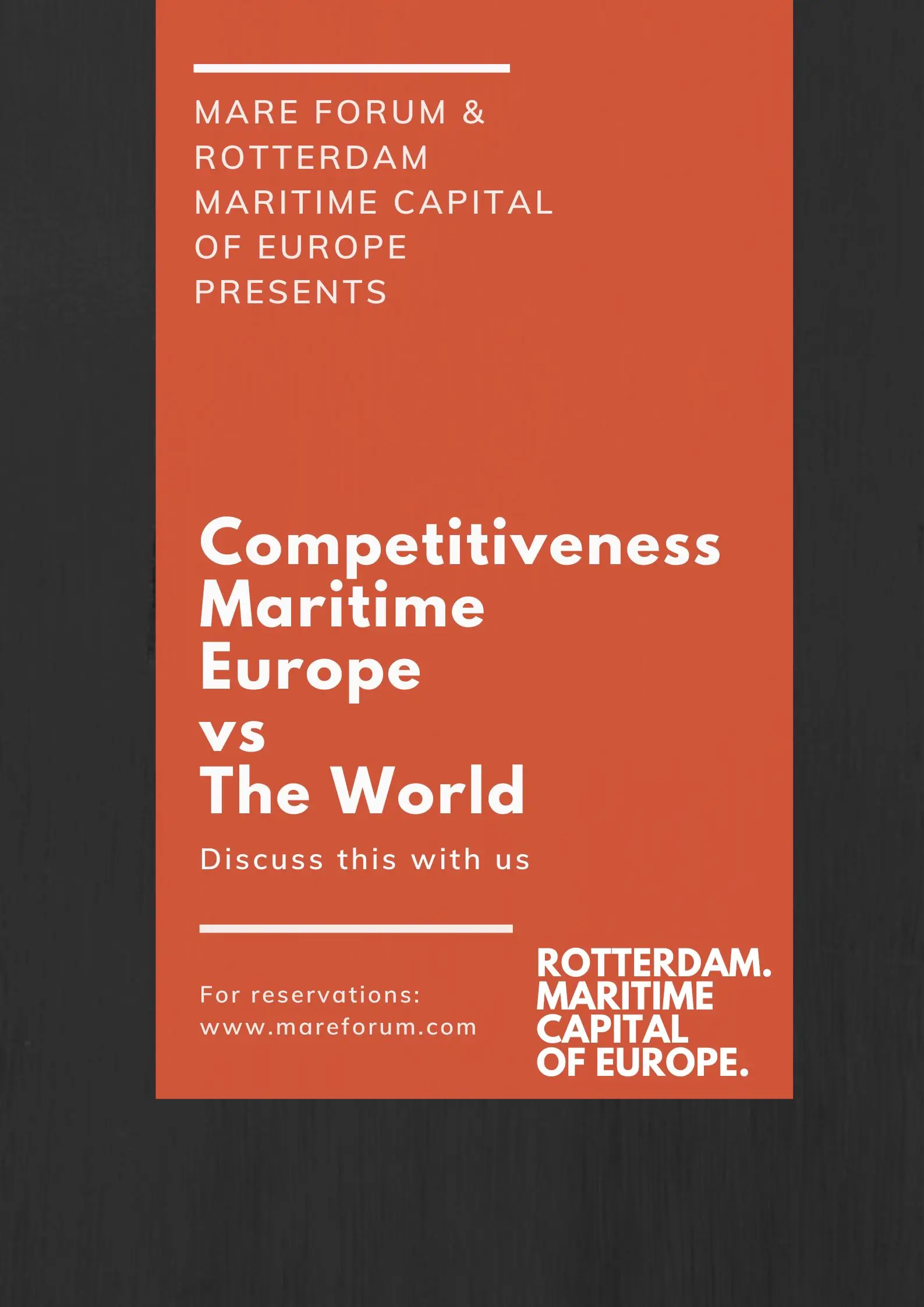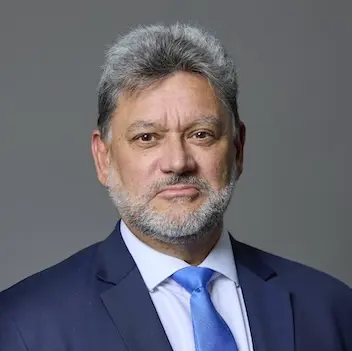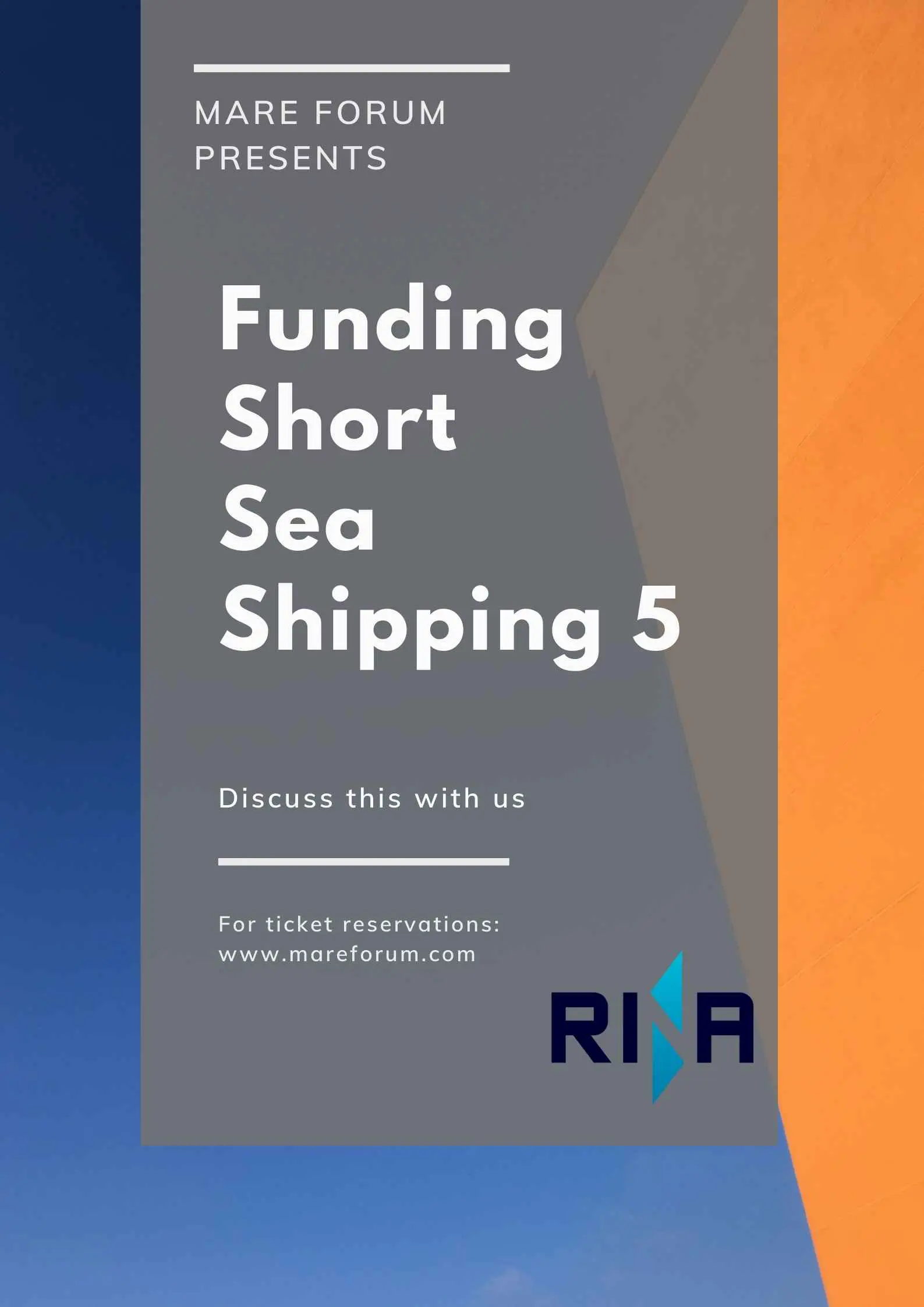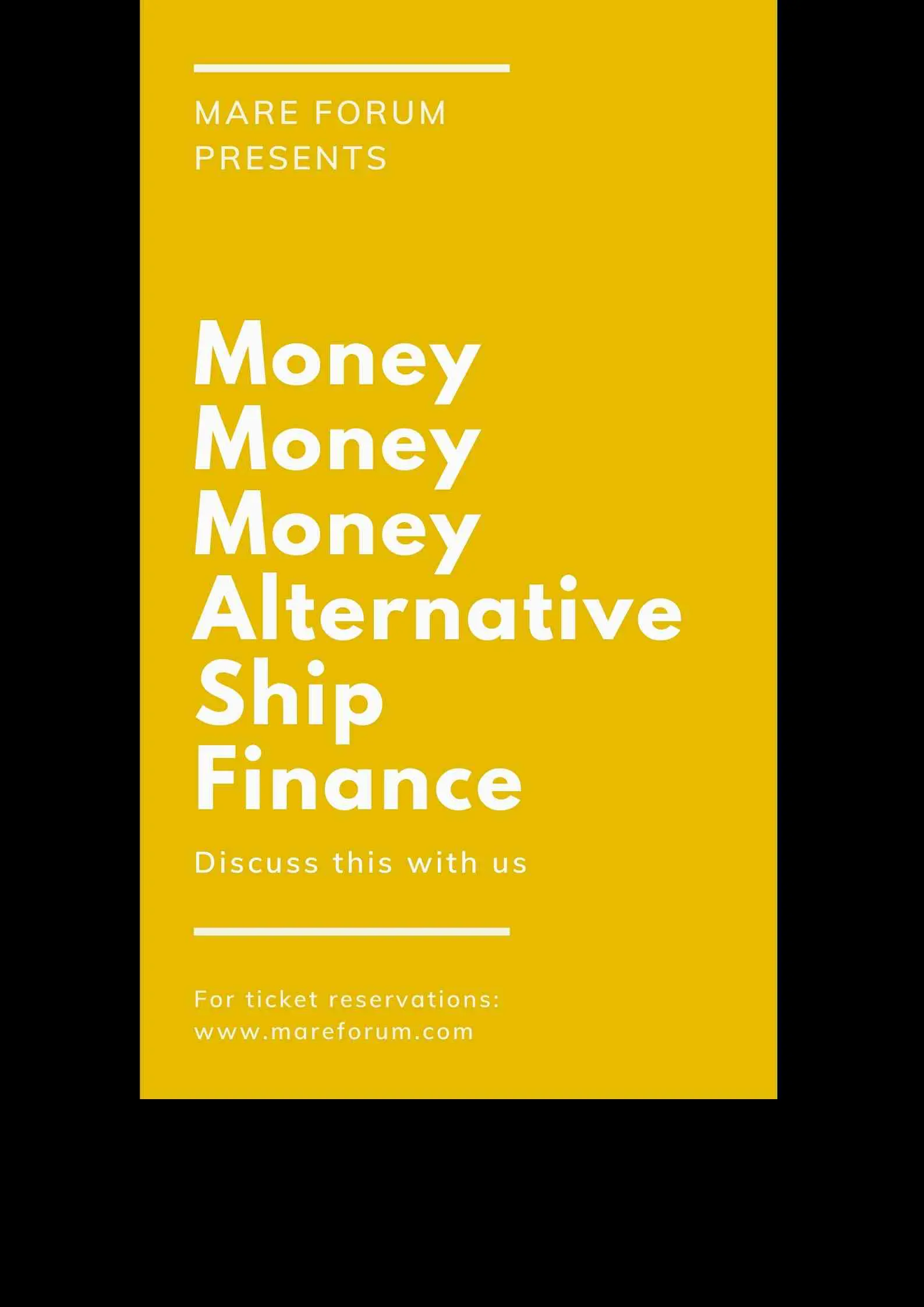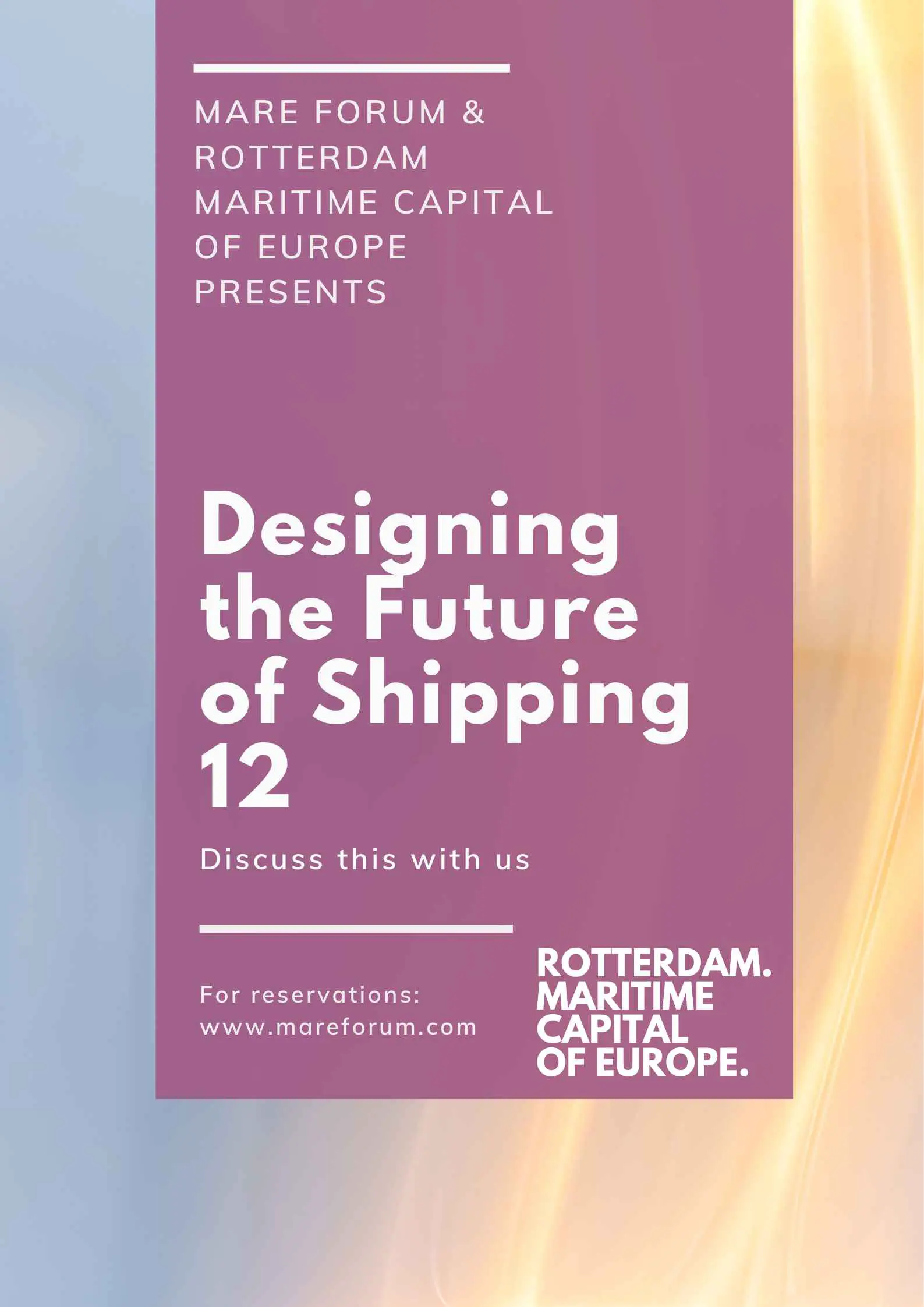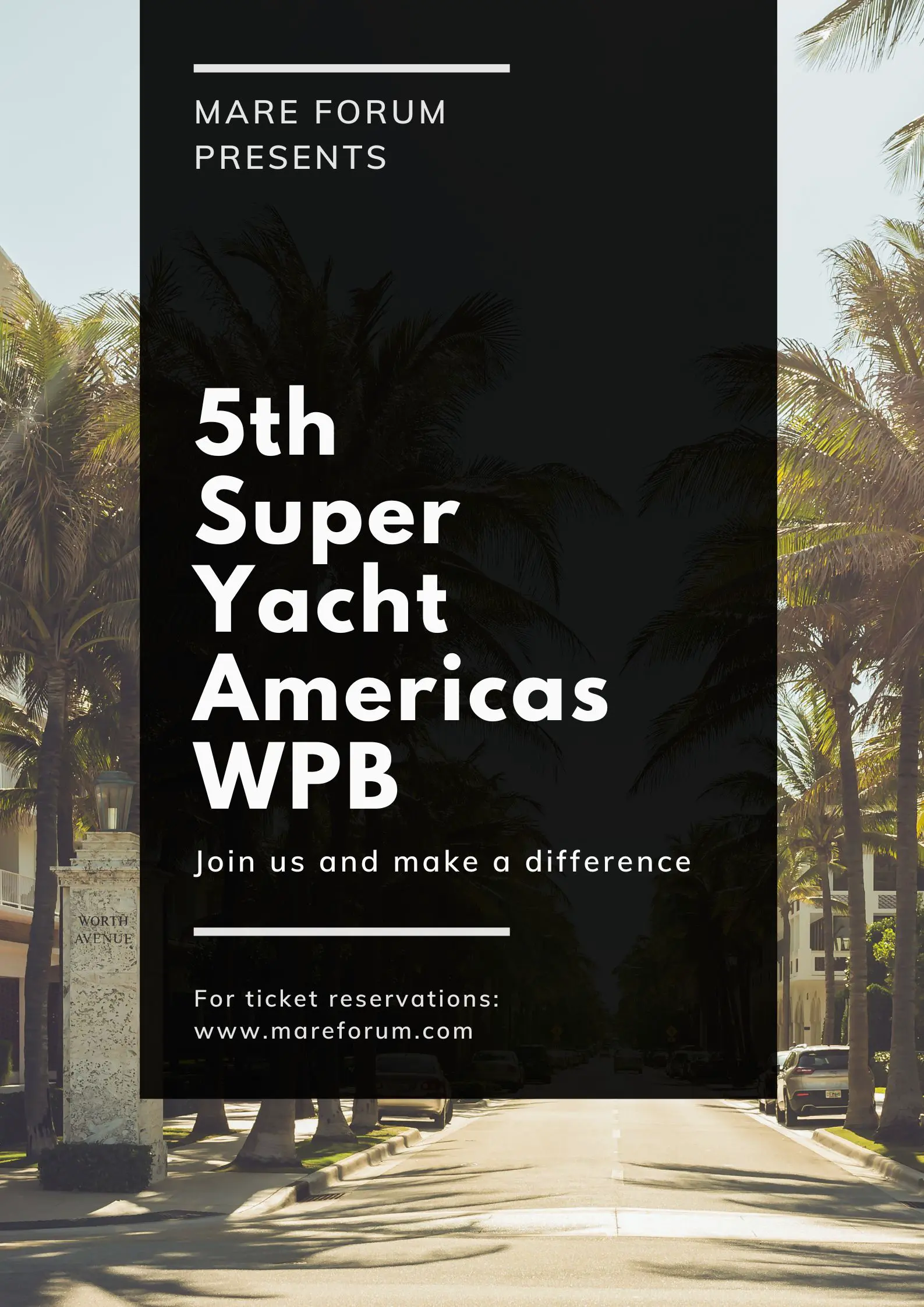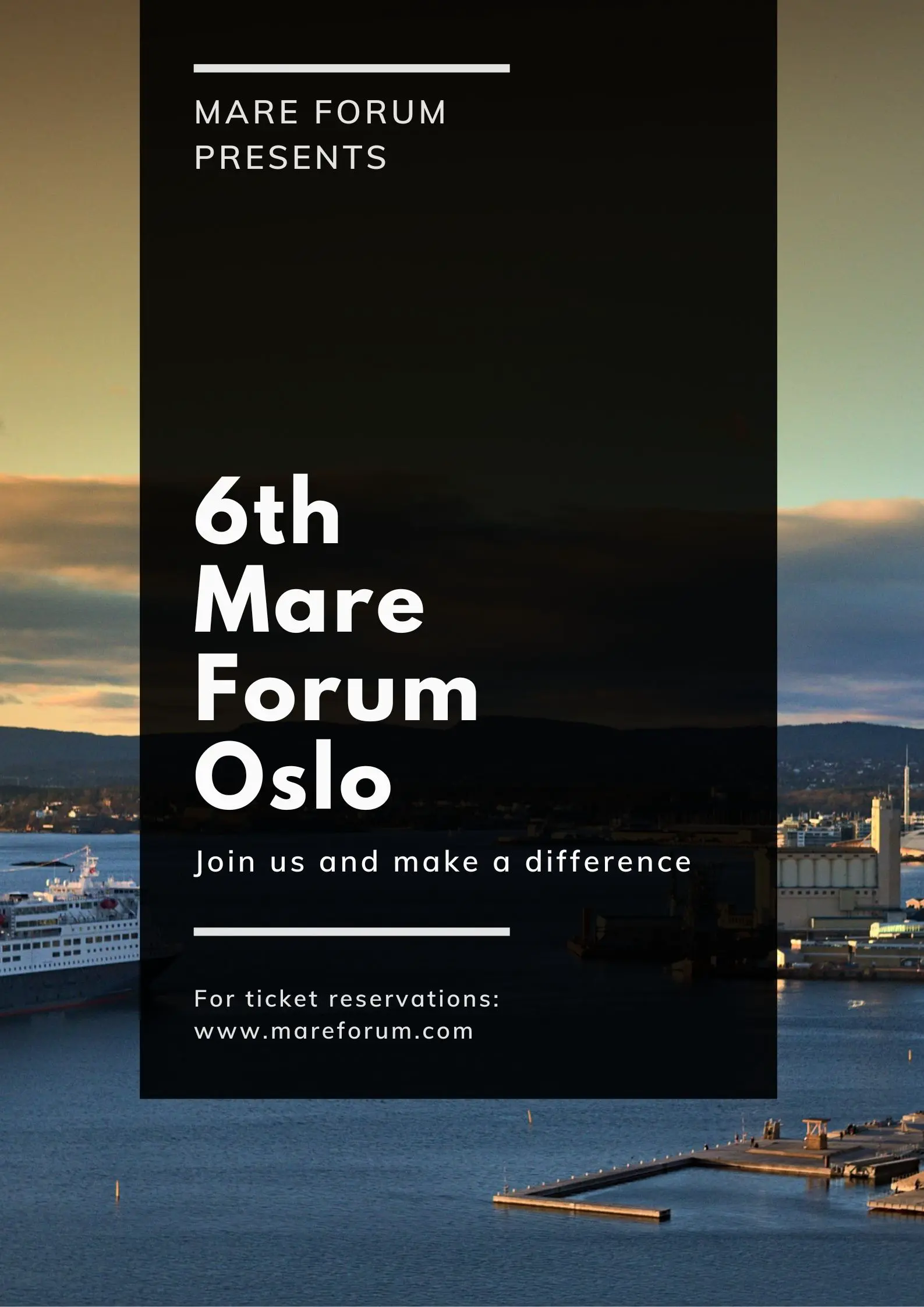The planned round-table discussion series on "Competitiveness - Maritime Europe vs The World" will address questions about various aspects of European maritime competitiveness, including shipbuilding, shipping, ports, capital, energy security and energy transition, fuels, circularity, ship recycling, people, digitalisation and AI, investments and finance, tech industries, regulations, infrastructure development, strategic initiatives, technological advancements, and geopolitical factors.
These questsions are relevant to assessing whether maritime Europe might lose or increase its competitiveness to Asia and the United States. These themes will be discussed holistically in a roundtable consisting of leading local and international executives of the maritime industry chair-holders. They will exchange their thoughts, ideas, and visions and try to answer the following questions.
TENTATIVE LIST OF PANELLISTS:
[The final list of panellists will be published soon. Stay - tuned]
- Harris Antoniou Founder and Managing Director, Neptune Maritime Leasing Ltd
- Nienke Blans CFO, MSEACAPITAL
- Vincent Guerre Director for Trade and Competitiveness, SEA Europe
- Dimitris Monioudis Managing Director, Rethymnis & Kulukundis Ltd and Vice-Chairman, INTERCARGO Technical Committee [MODERATOR],
- Marina Tzoutzouraki CFO and co-founder, eShipfinance.com
- Maarten Veenstra Business Development Manager, Lloyd's Register
- Evina Fotiadou Policy Advisor, European Community Shipowners' Associations (ECSA)
- More panellists to be announced , stay-tuned
THE DISCUSSION TOPICS:
➤ There is a need for a holistic maritime approach towards shipbuilding, shipping, ports, capital, energy security and energy transition, fuels, people, digitalisation, AI, tech industries, finance, investments and regulations.
➤ What strategies can European shipyards and maritime equipment manufacturers adopt to compete with Asia's growing maritime power, particularly China's?
➤ Who will design the zero-carbon (short-sea) ship of the future, and who will build the zero-carbon (short-sea) ship of the future?
➤ Where does the money come from to finance (green)ships, and how do you get it
➤ What are the incentives from the government and the finance industry to renew European (short sea) shipping?
➤ What steps must be taken to enhance circularity and ship recycling in Europe?
➤ What are the shipowners' requirements?
➤ How to provide adequate access to finance, including special calls for shipping under the EU Emissions Trading System (ETS) Innovation Fund
➤ Who and how to invest and finance to build supply chains for alternative fuels in shipping, and how much will it cost?
➤ Will the need to use the ETS revenues generated under the EU ETS to organise the transition of the shipping sector, particularly for the uptake of clean fuels and technologies?
➤ How will the need to scale up the production of clean fuels and innovative technologies for shipping in Europe be realised
➤ How might Europe's efforts to achieve greater economic self-sufficiency and energy security affect its maritime competitiveness relative to Asia and the US?
➤ How does the competition for high-end technologies and critical resources between Europe, Asia, and the US influence the competitiveness of their respective maritime industries?
➤ How might the European Commission's proposed "new industrial maritime strategy" enhance the competitiveness of Europe's maritime manufacturing sector against Asian and American rivals?
➤ To be competitive, how can we create a model to achieve the right balance between (local, regional and international) regulations and market realities in shipping?
➤ What must the shipping industry do to be proactive against bad international, regional, and local regulations?
➤ How to keep the European shipping industry competitive and enhance its business environment.
➤ The need for a fit-for-purpose regulatory and taxation framework to ensure the sector remains globally competitive
➤ Will the trading business remain in Europe or move to Asia?
➤ How to maintain the shipping management/owning business in Europe?
➤ What measures can European ports implement to remain competitive against rapidly developing Asian port infrastructure and efficiency?
➤ What can Europe do to China's dominance in maritime connectivity, port throughput, and container fleet size impact Europe's competitiveness in the global maritime industry?
➤ There is a need for investments in port infrastructure to turn major European ports into energy hubs.
➤ How can we create the future talent in shipping, trade, and logistics?
➤ There is a need for reskilling seafarers in the EU, with new skills required for handling alternative fuels, safety, and automated vessel operations.
➤ Do we need talented and charismatic people for the future of shipping?- Where will they come from?
➤ What is the role of shipping education institutes in the era of sustainability?
➤ What are the trends in shipping management that are attracting characters and passionate personalities?
➤ What are the visions of the young generation?
➤ What are they looking for to enter a shipping carrier?
➤How can young people be attracted to shipping?
More themes to be announced
It will be inspiring
NEXT EVENT (WEBINAR):
Funding Short bSea Shipping, 7
[Thursday 9 January, 11:00 AM CET ]
Register now (free) : https://www.bigmarker.com/mare-forum/Funding-Short-Sea-Shipping-7
Speakers & Panelists
Project Partner(s)




